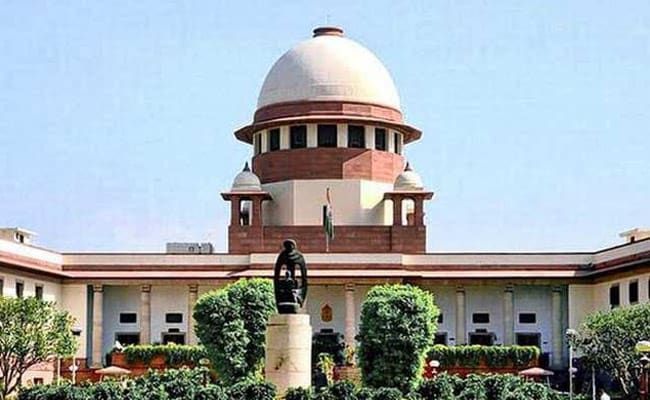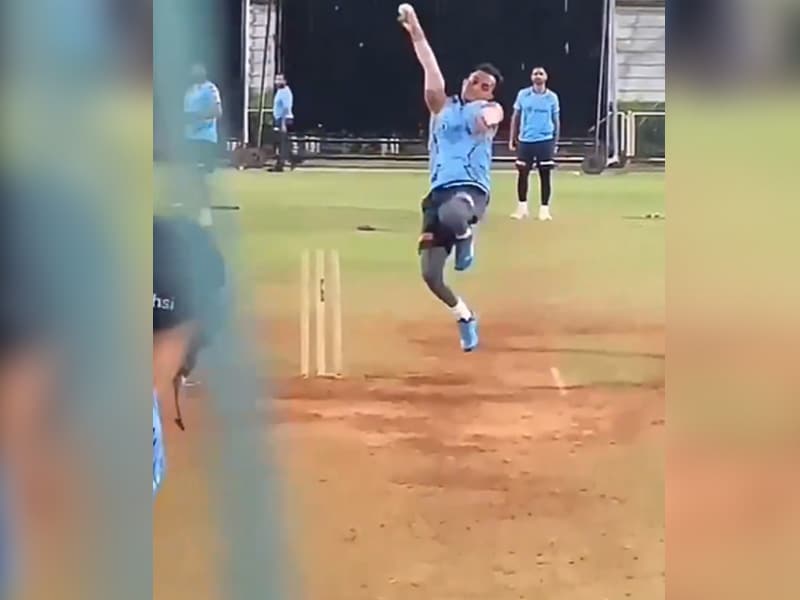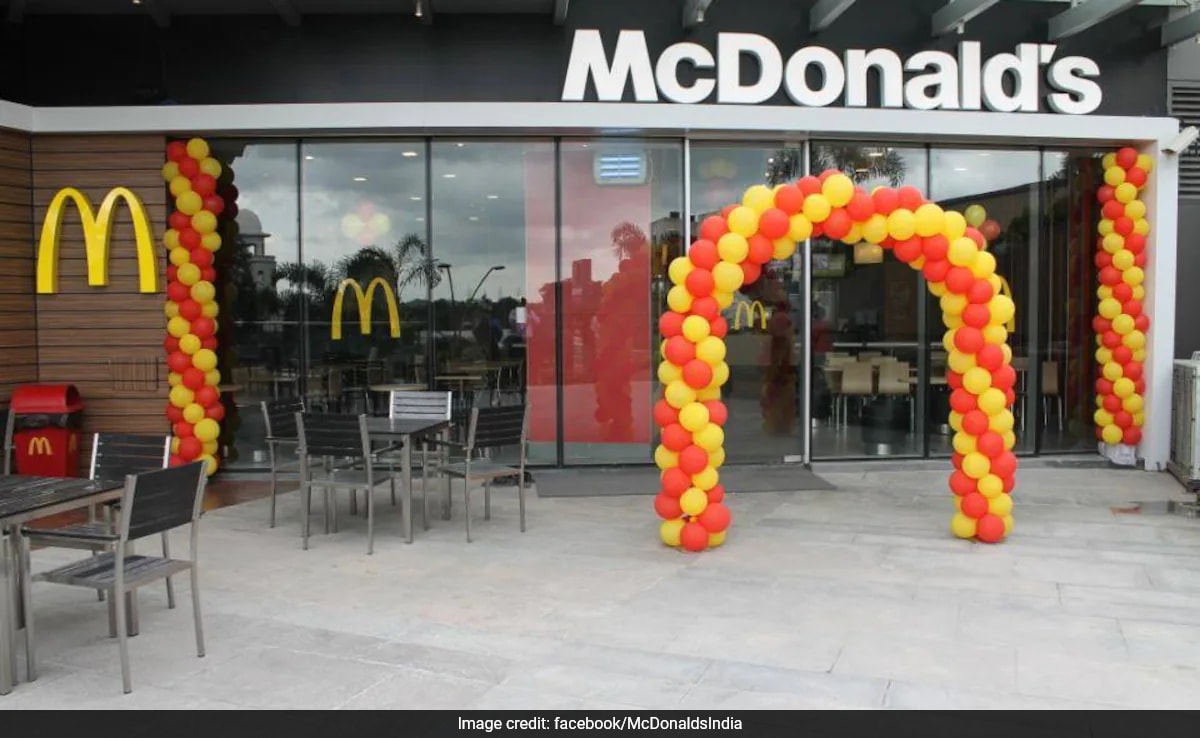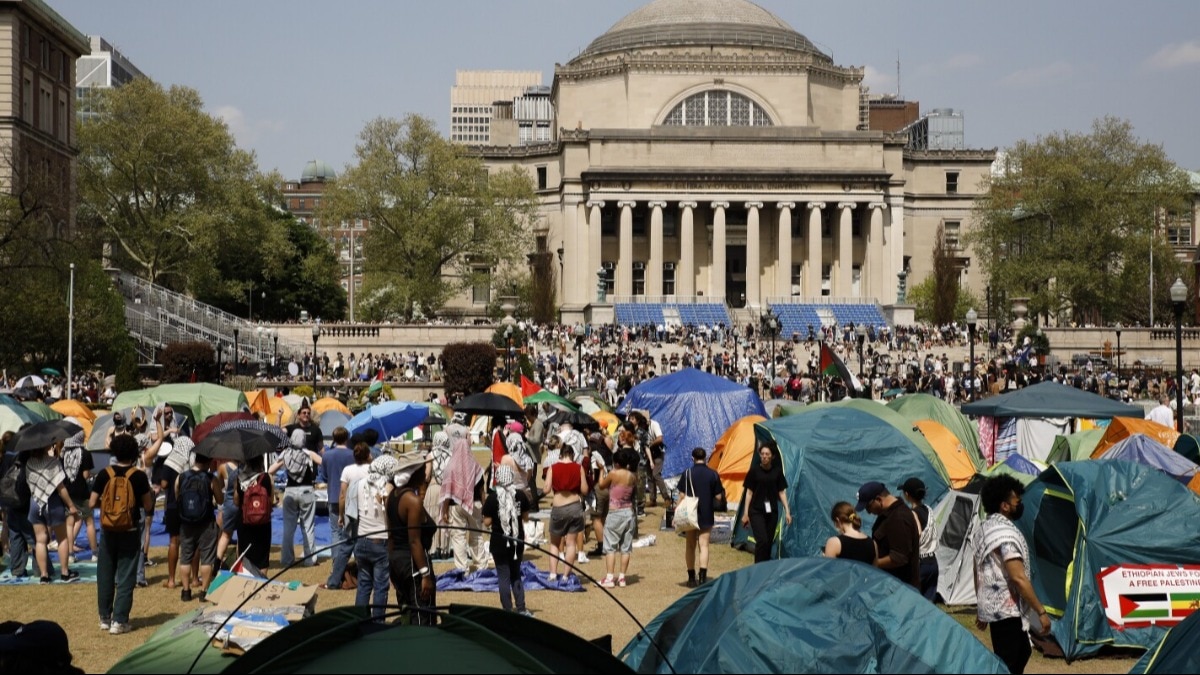
CJI seeks review of judgment on disclosure of electoral bond donors
New Delhi:
The All India Bar Association (AIBA) has written to the Chief Justice of India (CJI) seeking automatic review of the judgment passed in the electoral bonds scheme, only on the issue of disclosure of identity of donors and their contributions.
Dr Adish Aggarwala, President, AIBA, President, Supreme Court Bar Association of India (SCBA) and former Vice President, Bar Council of India (BCI), said disclosing the names of corporate donors and the amount donated will make it easier for corporates to benefit victimization.
If the names of corporate donors and the amounts donated to various parties are leaked, the possibility cannot be ruled out that they will be named and further harassed by those who have received smaller or no donations. This would be contrary to the promises they made when accepting voluntary contributions.
He further pointed out that at the time of donation, corporate donors are fully aware that after the donation, their identity, donation amount and details of the recipient party will not be made public and will be kept confidential. This confidentiality provision is made in the scheme to protect donors from any other party to which they have not donated under the scheme.
In this regard, senior advocate Dr Adish Aggarwala informed the five-judge bench about his letter written to the CJI. Chief Justice Dr DY Chandrachud on Monday asked lawyer Aggarwala to mention the matter.
In a letter, Adish Aggarwala said that under Article 145(3) of the Indian Constitution, at least five judges should hear “substantial questions of law relating to the interpretation of the Constitution” involving the Constitution or any of the cases referred to in Article 145(3). Article 143 deals with the power of the President of India to consult the Supreme Court of India. But in Petition No. 880(C) of 2017 (and other related matters), when the case was brought before the Constitutional Court, the substantive legal issues regarding the interpretation of the Constitution were not addressed in the order of submission.
In delivering its judgment, the Constitutional Court raised the following two legal issues:
A. Whether the unlimited corporate funding of political parties envisaged by the amendment to Section 182(1) of the Companies Act is contrary to the principle of free and fair elections and contrary to Article 14 of the Constitution; and
b. Whether the failure to disclose information on voluntary contributions by political parties under the Electoral Bond Scheme and the amendments to Section 29C of the Electoral Bond Scheme, Section 182(3) of the Companies Act and Section 13A(b) of the Information Technology Act violates the Citizens’ right to know stipulated in Article 19(1)(a) of the Constitution.
Adish Agarwala stated that the issues I raised were not covered by the above two issues raised and decided by the Constitutional Court and therefore it is necessary to re-examine the judgment in the light of the points I have raised in this letter.
(Except for the headline, this story has not been edited by NDTV staff and is published from a syndicated feed.)
wait reply load…
Follow us on Google news ,Twitter , and Join Whatsapp Group of thelocalreport.in
















